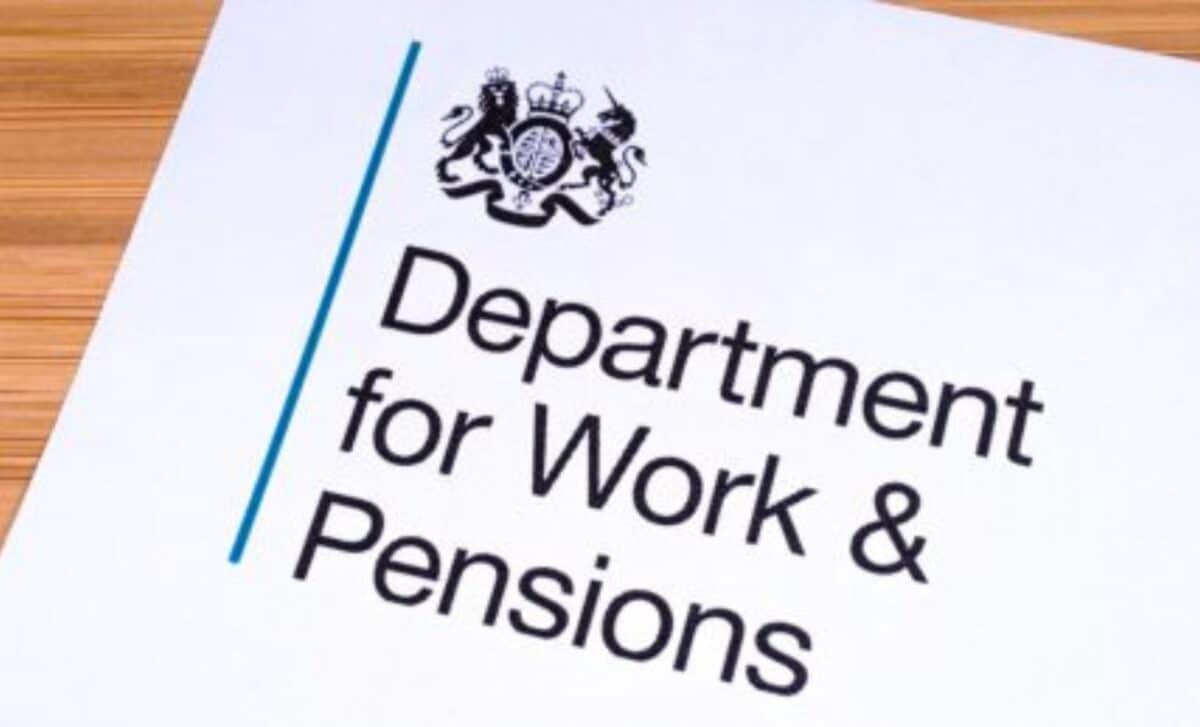Thousands of people claiming employment and support assistance (ESA) may be required to make a significant shift this month.
The Department for Work and Pensions (DWP) is testing asking these people to apply for Universal Credit.
It comes ahead of a larger rollout in which all ESA users will be required to relocate by September 2024.
DWP Accelerates Universal Credit Transition for ESA Claimants
The DWP announced in April that it would shift those on income-related ESA to Universal Credit three years earlier.
Managed migration will see all two million legacy benefit claimants transition to Universal Credit (UC) or pension credit.
Universal Credit was created to substitute for legacy benefits.
The managed migration process started in May last year, following a successful test in July 2019.
Qualified households are being contacted with letters outlining how to transition from tax credits to Universal Credit.
The DWP has now begun sending letters to selected ESA homes this month to help prepare for the larger rollout later this year.
The government has previously postponed the changeover for persons receiving income-related employment and support allowance (ESA), or ESA and housing benefit, until 2028/29.
Claimants are currently expected to have completed their transition to Universal Credit by the end of 2025, three years ahead of schedule.
It is critical that households apply for Universal Credit within three months after getting the managed migration letter.
Failure to do so may result in the loss of benefits.
Since March 2024, the DWP has issued almost 824,050 migration notices.
However, according to the DWP’s most recent numbers, 184,120 people lost their benefits after failing to respond on migration warnings received between July 2022 and March 2024.
Some 400,940 people have since filed successful Universal Credit claims, and another 238,990 are currently in the process of switching.
Managed Migration Process
In January, the government published the amount of migration notices it intends to issue in the coming fiscal year.
Prior to this date, the primary focus was on providing relocation notices to those claiming just tax credits.
However, 110,000 income support claimants and an additional 120,000 collecting tax credits with housing benefit began receiving letters in April.
Over 100,000 housing benefit-only claimants will be contacted in June.
More than 90,000 people claiming employment and support assistance (ESA) and child tax credits will be required to switch beginning in July.
Meanwhile, 20,000 JSA claimants will be notified starting in September.
The Sun previously reported that, beginning August, people getting tax credits who are over state pension age will be requested to submit applications for either Universal Credit or pension credit.
It was originally envisioned that people seeking income-related ESA would not be relocated until 2028.
The DWP confirmed the new migration schedule in the 17 May edition of the departmental newsletter “Touchbase”, saying: “Many customers will be better off on UC compared to legacy benefits and we estimate around half of our ESA and ESA with Housing Benefit customers would receive over £100 a month more on UC.
“Customers will also be able to benefit from improved work incentives and enhanced labour market support for those who want it.”
Universal Credit will substitute six payments from the old welfare system, known as legacy benefits. They include the working tax credit, child tax credit, income-based jobseeker’s allowance, income assistance, income-related employment and support allowance, and housing benefit.
You should carefully evaluate the implications of switching to Universal Credit, as you cannot switch back once you are on it. If your circumstances change, such as moving, changing your working hours, or having a child, you may be transferred to Universal Credit.
Help Claiming Universal Credit
Anyone transitioning from tax credits to Universal Credit might benefit from a variety of resources, including benefit calculators.
You may find your local Jobcentre by searching find-your-nearest-jobcentre.dwp.gov.uk/.









